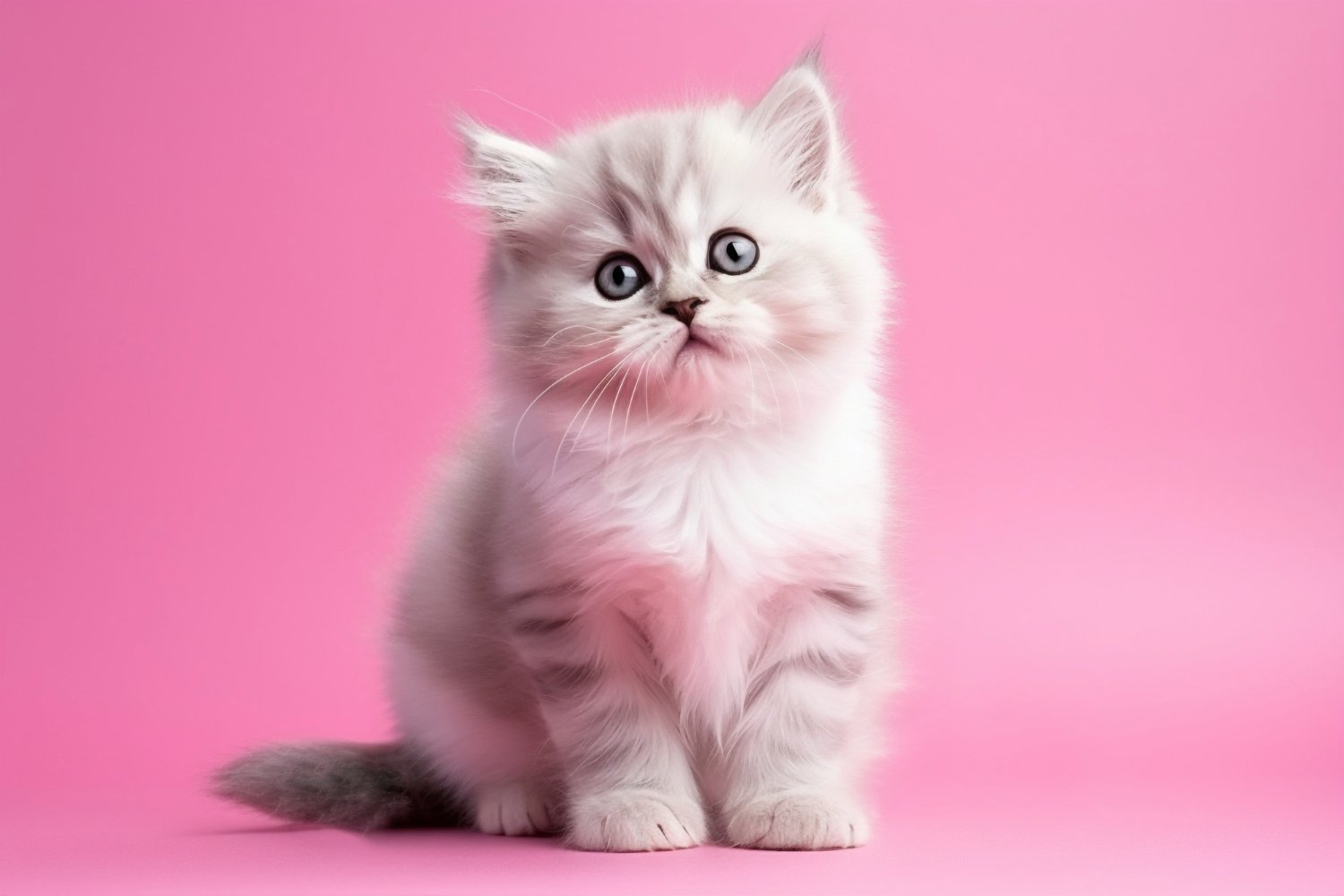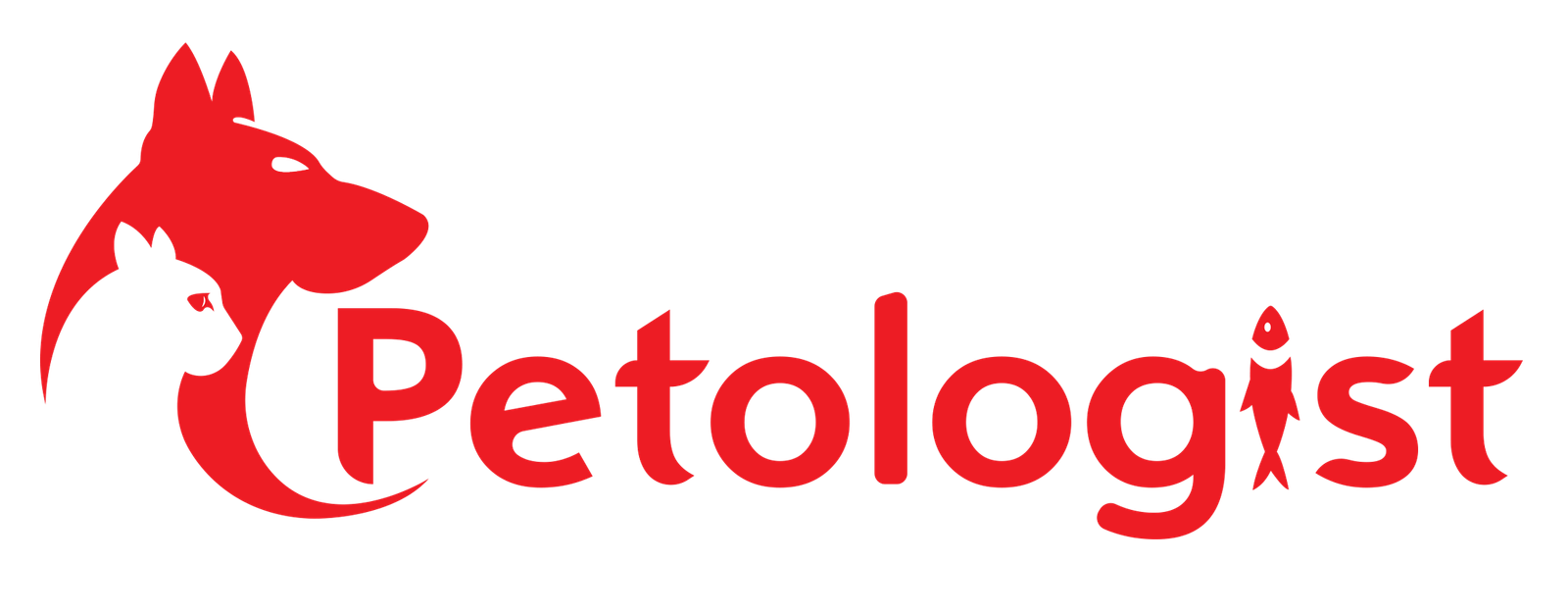The Ultimate Guide to Cat Food for Persian Cats in Pakistan

Cat food is one of the most important aspects of ensuring your Persian cat lives a long, healthy, and happy life. As a cat owner in Pakistan, choosing the right food tailored for the needs of your Persian cat can be overwhelming due to the number of products available in the market. This comprehensive guide will help you understand your Persian cat’s nutritional needs and how to choose the best cat food for your furry friend in Pakistan.
Why Cat Food Matters for Persian Cats
Persian cats are a unique breed known for their luxurious long fur, flat faces, and gentle demeanor. Their physical features make them not only adorable but also require special care—especially in terms of nutrition. High-quality cat food helps in maintaining their beautiful coats, preventing hairballs, and supporting their sensitive digestion.
In Pakistan, where the climate and available food products vary from global markets, selecting the appropriate cat food brand that fits both your pet’s needs and your budget is crucial.
Key Nutritional Needs of Persian Cats
Before diving into specific cat food options in Pakistan, it’s important to understand what makes a diet ideal for Persian cats:
- High-Quality Protein: Persian cats thrive on protein-rich food. Look for animal-based protein like chicken, fish, or turkey as the primary ingredient.
- Omega-3 and Omega-6 Fatty Acids: These support a healthy skin barrier and a glossy coat, reducing shedding and matting.
- Fiber for Hairball Control: Their long hair makes Persian cats prone to hairballs. Foods with added fiber help reduce this problem.
- Digestive Support: Persian cats can have sensitive stomachs, so foods with probiotics and easily digestible ingredients are ideal.
Types of Cat Food Available in Pakistan
You’ll find two major types of cat food in Pakistan—dry and wet.
- Dry Cat Food
Dry cat food (kibble) is a popular option due to its long shelf life, affordability, and convenience. It also helps clean your cat’s teeth as they chew. For Persian cats, choose kibble that’s easy to chew and contains nutrients for skin and coat health.
Popular Dry Cat Food Brands in Pakistan:
- Royal Canin Persian
- Reflex Plus
- Me-O Persian
- NutraGold Holistic for Cats
- Wet Cat Food
Wet cat food is great for hydration and palatability. It often has higher meat content and fewer carbohydrates. It’s particularly beneficial for Persian cats who may be picky eaters or need additional moisture in their diets.
Recommended Wet Cat Food in Pakistan:
- Sheba Tuna or Salmon Pouches
- Fancy Feast by Purina
- Reflex Chicken in Gravy
- Applaws Natural Wet Food
Homemade vs Commercial Cat Food
Some pet owners in Pakistan prefer preparing homemade cat food to avoid preservatives or unknown ingredients. While this can be healthy when done correctly, it requires deep knowledge of feline nutrition. Persian cats need precise levels of taurine, protein, and fat which are difficult to balance at home.
If you choose the homemade route, consult with a vet or feline nutritionist to ensure your cat food recipes meet your pet’s dietary needs.
Best Cat Food for Persian Kittens in Pakistan
Persian kittens require a different formulation than adult cats. Their growing bodies need extra protein, DHA for brain development, and calcium for strong bones.
Top Picks:
- Royal Canin Persian Kitten
- Reflex Plus Kitten
- Me-O Kitten Tuna
These cat food products are widely available at pet stores and online platforms in Pakistan like Petologist.pk, PetsOne.pk, and PetMania.pk.
Where to Buy Cat Food in Pakistan
Fortunately, there are several online and offline sources for cat food in Pakistan:
- Online Stores:
- Petologist.pk: Offers delivery all over Pakistan with exclusive pet food brands.
- PetsOne.pk
- PetMania.pk
- Daraz.pk (check for authenticity and expiration dates)
- Physical Stores:
- Local pet shops in major cities like Karachi, Lahore, and Islamabad often stock premium cat food brands.
Always ensure the cat food is not expired and is stored properly before purchasing.
Tips for Feeding Persian Cats
- Follow a Schedule: Persian cats thrive on routine. Feed them at the same times every day.
- Provide Fresh Water: Especially when feeding dry cat food, always provide fresh water to prevent urinary issues.
- Avoid Overfeeding: Persian cats are prone to obesity. Use feeding guides on packaging and adjust based on activity levels.
- Monitor Coat and Digestion: A dull coat or frequent vomiting may indicate a poor diet. Switch to high-quality cat food if needed.
Common Dietary Issues in Persian Cats
- Hairballs: Due to their long fur, Persian cats often develop hairballs. Look for cat food labeled for hairball control.
- Obesity: Avoid foods high in fillers and carbohydrates. Choose protein-rich, low-carb diets.
- Allergies: Some Persian cats may develop food allergies. Grain-free or limited-ingredient cat food can help.
Frequently Asked Questions (FAQs)
Q: Is imported cat food better than local brands?
Not always. Some local or Turkish brands like Reflex or Me-O offer excellent cat food at competitive prices. The key is to check the ingredient list.
Q: Can I feed my Persian cat human food?
Occasionally, yes—but avoid onions, garlic, chocolate, caffeine, and bones. For optimal health, stick to balanced cat food.
Q: How do I transition to a new cat food?
Introduce the new cat food gradually over 7–10 days by mixing it with the old food, slowly increasing the new portion daily.
Conclusion
Choosing the right cat food for your Persian cat in Pakistan is vital for their health, coat quality, and overall well-being. Whether you opt for premium dry food, juicy wet options, or a mix of both, always prioritize quality ingredients tailored to Persian breed needs. With this guide, you now have a roadmap to make informed decisions that keep your feline companion happy and healthy.
